Innovating Water Surface Garbage Collection with Advanced Technology
Leading the Way: Chao Phraya River
Before getting to know Interceptor™ 019, the water surface garbage interceptor with Ticy City, let’s familiarize ourselves with The Ocean Cleanup, a non-profit organization aiming to develop advanced technology to rid the world’s oceans of plastic. Founded in 2013 by Boyan Slat, The Ocean Cleanup operates with the goal of removing plastic through two strategies: capturing riverine plastic pollution before it reaches the sea and extracting plastic debris already accumulated in oceans.
For river plastic capture, the organization has developed and deployed efficient large-scale systems. The collected plastic waste is traceable and verifiable through DNV’s chain of custody model for recycling into new products. Currently, around 140 experts from various fields work with the organization, headquartered in Rotterdam, Netherlands, with the first regional office opened in Kuala Lumpur, Malaysia, in 2023.
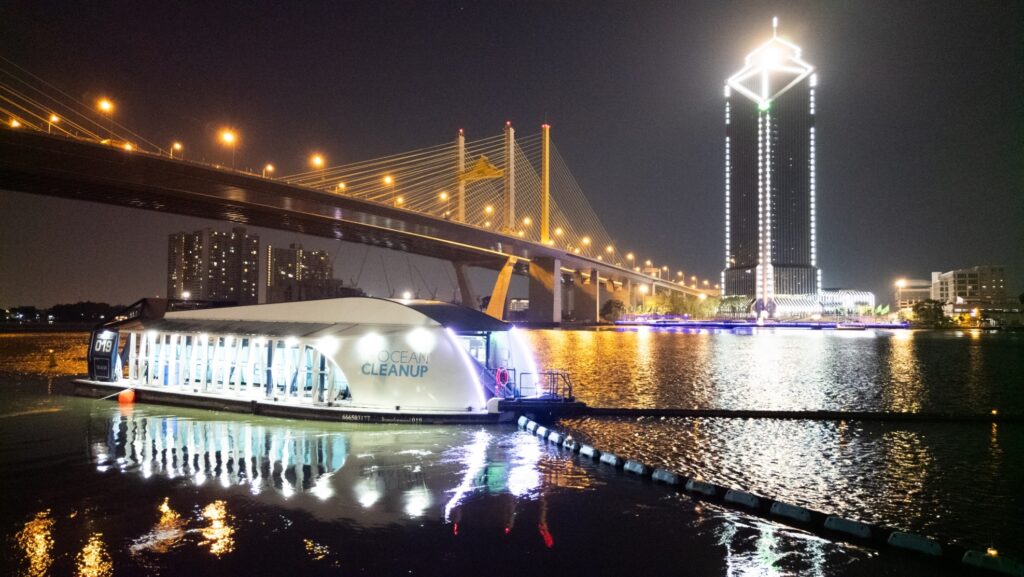
In the effort to curb plastic leakage from rivers to seas, The Ocean Cleanup developed Interceptor™ to intercept and capture riverine waste before it reaches the ocean. Interceptor™ 019 is part of a global collaboration between The Coca-Cola Company and The Ocean Cleanup since 2021, aiming to support innovative technology usage to prevent plastic leakage from rivers to oceans worldwide.
Interceptor™ 019 utilizes solar energy for automated garbage capture. It is the fifth Interceptor™ installed by The Ocean Cleanup in Southeast Asia under the collaboration with Coca-Cola. Installed in Indonesia, Vietnam, and Malaysia, as well as in the Dominican Republic and Los Angeles, USA.

The Chao Phraya River is a vital waterway sustaining millions of people and communities in the Bangkok metropolitan area, with a population of over 11 million. This river is one of Asia’s key waterways. Interceptor™ 019 is installed along the banks of the Chao Phraya River near Chaloem Phra Kiat Public Park, an essential 16-kilometer stretch where 61 canals converge, increasing the likelihood of plastic waste being carried. Interceptor™ 019 collects data on the plastic waste it captures to study and understand the types of plastic waste in the Chao Phraya River, aiming to devise methods to intercept and capture plastic waste before it reaches the final 50-kilometer stretch of the river, which converges with the Gulf of Thailand.
This success is part of a collaborative research effort to address plastic pollution from rivers globally. Several organizations have joined hands in Thailand, including the Ministry of Natural Resources and Environment, Department of Marine and Coastal Resources, Bangkok Metropolitan Administration, The Coca-Cola Company, The Ocean Cleanup, Embassy of the Netherlands in Thailand, Eco Marine Co., Ltd., Asian Marine Services Public Company Limited, and Chulalongkorn University. They collaborate to install and operate Interceptor™ 019 to capture garbage in the Chao Phraya River, also studying the pollution issues affecting rivers and canals in Bangkok more deeply.
The Role of Partnerships in Collaboration
The Ministry of Natural Resources and Environment, the Department of Marine and Coastal Resources, and Chulalongkorn University are involved in studying the types of plastic leaking into water sources. This research aims to develop strategies to address plastic pollution in Thailand’s major rivers.
Gen. Patcharawat Wongsuwan, Deputy Prime Minister and the Minister of Natural Resources and Environment Lt. Gen. Phattharawat Wongsuwan, Deputy Prime Minister and Minister of the Ministry of Natural Resources and Environment, stated, “The ministry is leveraging technology to restore and preserve the environment, addressing various environmental issues, which are national priorities. The environment is a crucial foundation for the country’s economic and social development. The collaboration to install Interceptor 019 in the Chao Phraya River will support proactive efforts in utilizing technology to manage natural resources and preserve the environment, including biodiversity conservation, especially in addressing Thailand’s plastic waste problem, which is complex.”
The Netherlands Embassy in Thailand facilitates international cooperation and introduces The Ocean Cleanup to relevant agencies and sectors to jointly reduce plastic waste flowing from rivers to oceans.

Ambassador Remco van Wijngaarden, Ambassador Remco Faijn Winecar, the Netherlands Ambassador of Thailand, commented, “To support ocean sustainability, the Netherlands believes that cooperation, joint efforts, and innovative problem-solving are crucial to mitigate the impact. Today, we are particularly pleased to have a significant joint milestone in managing plastic waste in the Chao Phraya River with Bangkok and partners to efficiently tackle the waste issue in the river.”
Bangkok Municipality is responsible for collecting and sorting waste captured by Interceptor 019, redirecting plastic back into recycling processes, and appropriately disposing of other waste.
Assoc. Prof. Dr. Chatchat Sitthiphan, Governor of Bangkok, said, “Bangkok is pleased to support The Ocean Cleanup and partners in collecting and sorting waste captured by Interceptor 019 in the Chao Phraya River. This aligns with our goal to effectively manage waste flowing into the river. Recycling plastic bottles and diverting them back into the recycling process can reduce the use of new plastic and further decrease the amount of waste flowing into the ocean.”
EcoMarine Co., Ltd., and Asian Marine Services Co., Ltd., are responsible for installing and operating Interceptor 019 to efficiently carry out the project.
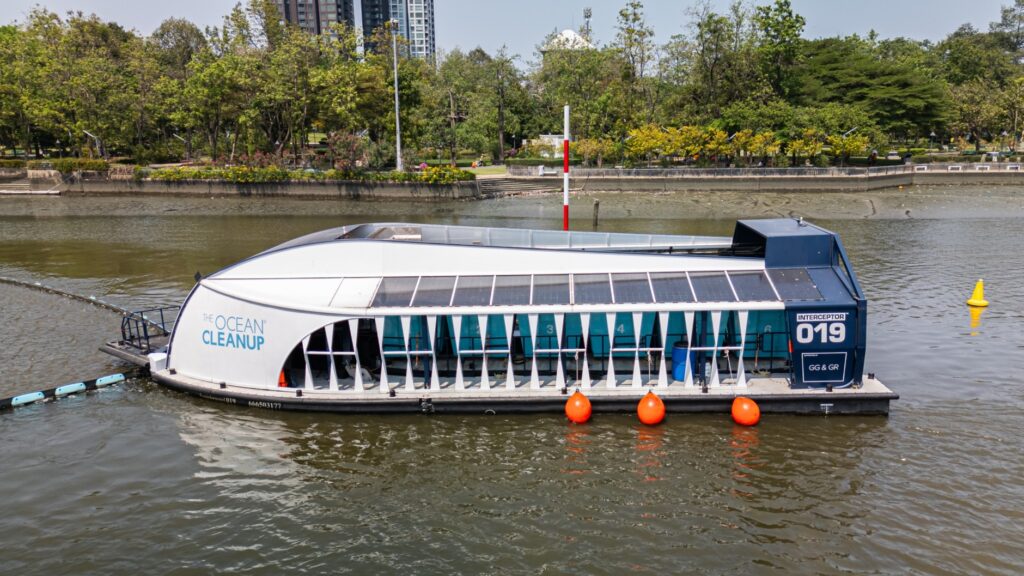
Boyan Slat, Chairman and Founder of The Ocean Cleanup, commented, “Interceptor 019’s installation marks a significant step in preventing plastic pollution from flowing into the ocean from Bangkok. It’s our first step in Thailand’s collaboration with Bangkok and partners to reduce river waste. Lessons learned from ocean plastic cleanup efforts worldwide will be invaluable in expanding Interceptor installations globally under our Rivers project.”
Coca-Cola has a role in supporting operations in the area, including communication efforts to raise awareness of The Ocean Cleanup’s mission and community support.Victor Wong. Vice President & General Manager of Coca-Cola Thailand, Myanmar, and Laos, regarding the success of the partnership with The Ocean Cleanup, said, “Our cooperation with The Ocean Cleanup over the past two years has led to significant success in Thailand. The installation of Interceptor 019 in crucial rivers like the Chao Phraya River is a testament to the deep-seated benefit of the collaboration. Through experimentation and learning, we’re delighted to support the project to create wide-ranging benefits for the future.”







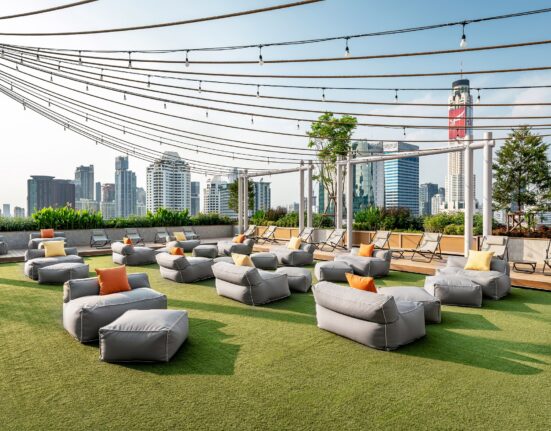
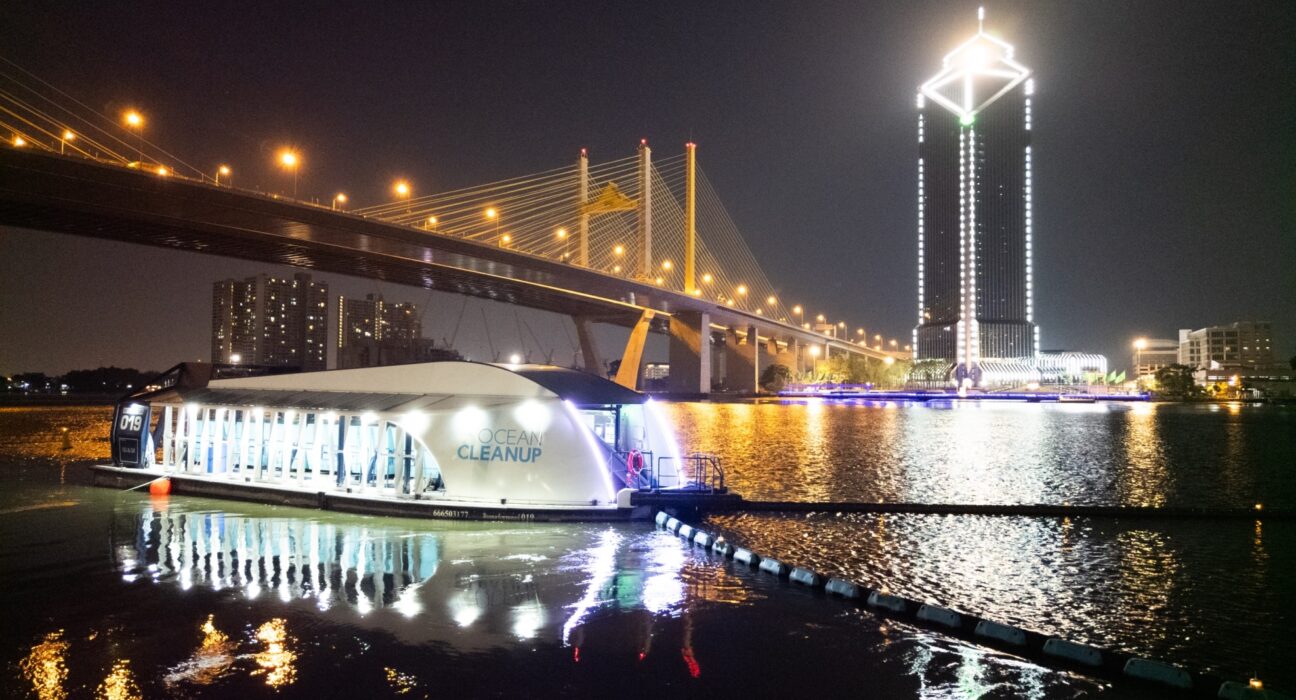
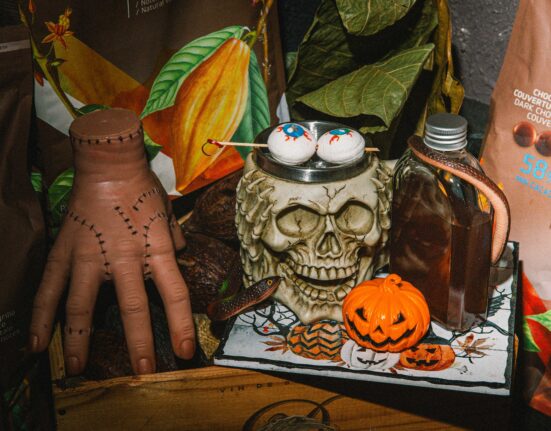
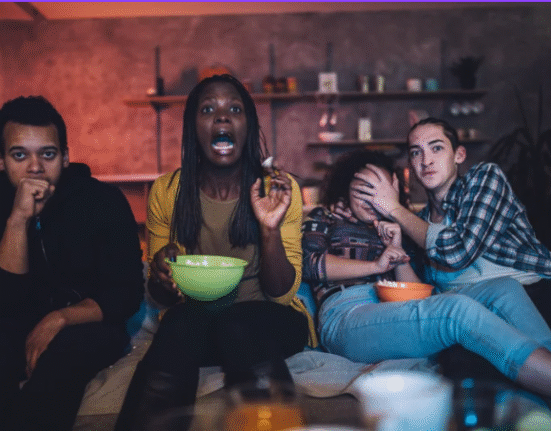

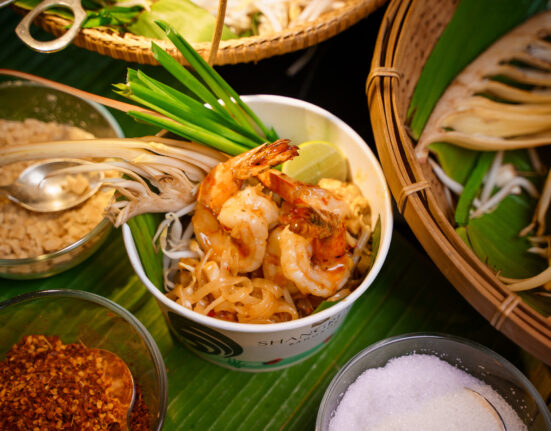
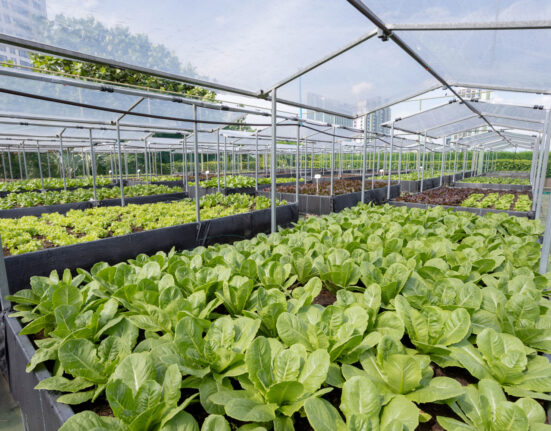
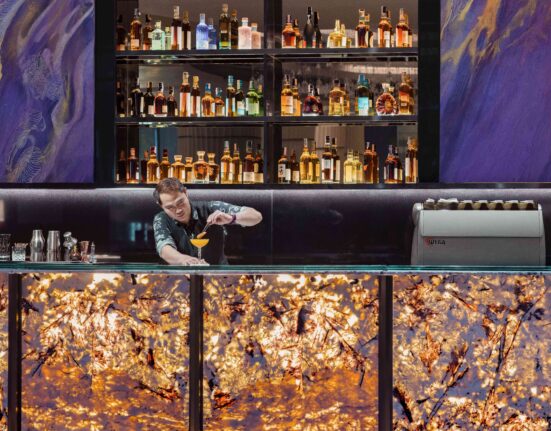
Leave feedback about this